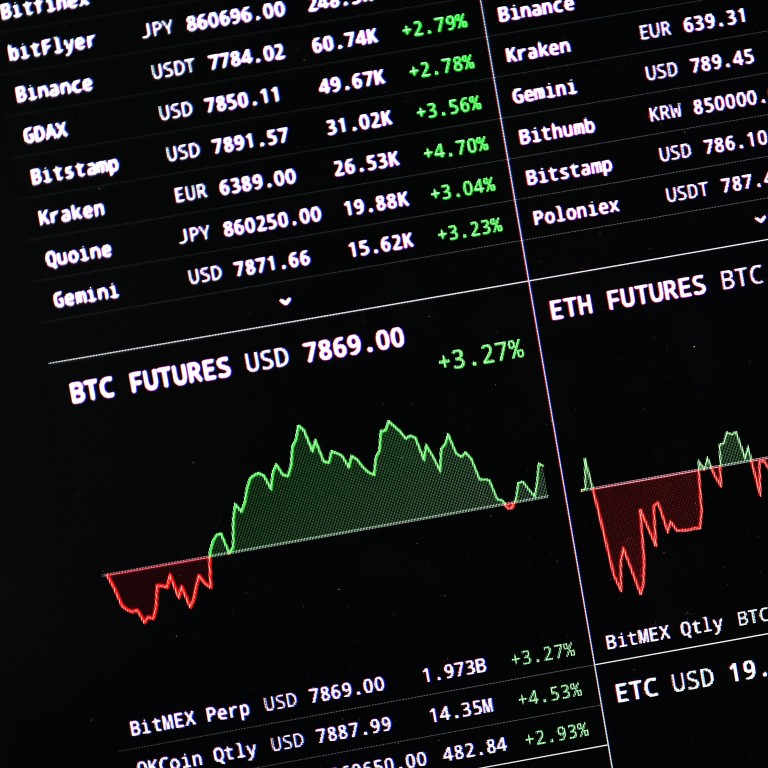
Japan reports 10-fold increase in cryptocurrency laundering cases, reaching 7,000 in 2018
- Among the suspicious transactions, some users with different names and birth dates shared the same identification photo, while others appeared to log into their accounts from overseas even though their addresses were in Japan
More than 7,000 cases of suspected money laundering linked to cryptocurrency were reported to Japanese police in 2018, the National Police Agency said on Thursday.
It marks a more than 10-fold jump from the 669 cases reported in a shorter period between April and December in 2017, when it became mandatory for cryptocurrency exchange operators to report transactions suspected to be linked to the movement of proceeds of crime.
Cryptocurrency can be transferred quickly and largely anonymously with police confirming some cases in which a virtual currency was used to pay for illegal drugs and child pornography.
Among the 7,096 suspicious transactions, some users with different names and birth dates shared the same identification photo, while others appeared to log into their accounts from overseas even though their addresses were in Japan.
JPMorgan estimates bitcoin’s fair value at US$2,400, to the dismay and disagreement of digital currency miners everywhere
Including all financial transactions, 417,465 suspected money laundering and other abuse cases were reported to the police in 2018, up 17,422 from a year earlier. Most of them involved banks and other financial institutions, which made 346,014 reports in total, followed by credit card companies reporting 15,114 cases.
After analysing the reports, the NPA provided information on 8,259 cases to investigating authorities, up 1,096 from a year earlier. As a result, police handled 1,124 cases, mainly involving fraud.
To counter the rising number of suspicious transactions, the NPA plans to develop specialists in data analysis as well as testing artificial intelligence technology tasked with detecting illegal trades by teaching AI to recognise patterns related to drug deal and money laundering transactions.
Cryptocurrency firms sneak into mainstream through ‘back door’ listings
Japan has seen large digital currency heists in recent years amid a boom in people purchasing various currencies.
In 2014, 48 billion yen ($433 million) worth of bitcoin was stolen from the now-defunct cryptocurrency exchange Mt. Gox. Then, in January last year, about 58 billion yen worth of the digital currency NEM was taken from customers’ accounts at Tokyo-based bourse operator Coincheck Inc.
In June, the Financial Services Agency, which regulates cryptocurrencies in Japan, ordered six virtual currency exchange operators to improve internal controls, including taking measures against money laundering.

